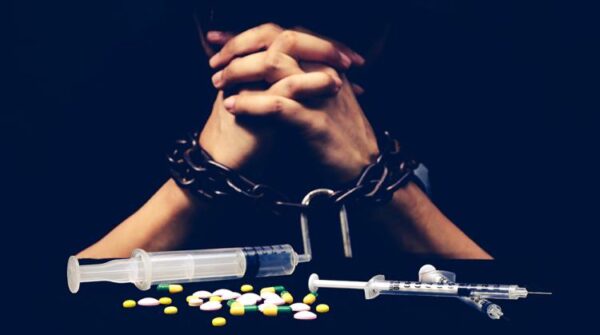Have you ever seen your loved one struggling to overcome an addiction? It is really heart-wrenching and quite challenging at the same time to help a loved one coping with an addiction. But you need to help them in any way. They are your beloved, after all! A direct, heart-to-heart conversation can pave the path to recovery.
People who struggle with an addiction are often unwilling to get treated. They cannot recognize the adverse effects their behavior has on others and themselves. There are several types of addiction people can fall prey to, but drug addiction is the most irresistible and harmful. The most highly addictive drug is Opioid, because it activates powerful reward centers in the brain. Opioid enables the discharge of endorphins, the brain’s feel-good neurotransmitters. Endorphins dampen the perception of pain and boost feelings of pleasure, creating a temporary but powerful sense of euphoria. When an opioid dose declines, addicts may find themselves wanting those good feelings back, as soon as possible.
To beat opioid addiction, a more focused approach will be needed. The following strategies will be useful.
Helping an opioid addict
Opioid addicts get help with counseling, medication and detox and withdrawal treatment. The detox and withdrawal treatment is the initial treatment an addict receives because it is essential to drain out the drug from the body. This treatment includes a long process that provides the promising results if it includes medication. Once a patient gets rid of addiction and is ready to face life, then he will get help with aftercare programs.
Detox and withdrawal treatment
Opioid withdrawal is painful, and it provides most severe symptoms to heavy users. Detox and withdrawal programs include the medications which work as much as the opiate does in the body without giving the euphoria that addicts feel. The medicines include methadone, naltrexone, clonidine, and buprenorphine. The most effective medication for a narcotic addiction is methadone. It’s a long-acting opioid. The right dose eases drug cravings.
Psychological treatment in rehab centers
The next step in the cure involves psychological treatment in rehab centers. This treatment helps addicts to get to the root of their addiction, look for different ways to cope, and learn the mechanism to avoid relapse in the future. Nutritious meals, exercise, and mental health assessments will be providing during the treatment. Medical personnel provide prescriptions on structured pain management to help the addicts to deal with the pain leading to their addiction.
Aftercare programs
These programs are also part of the treatment that involves periodic group meetings and visits with a rehab counselor. Individual, group and family sessions are included in the counseling program. To continue with the sober life, the addicts must need to get periodic counseling to get along with the new entity.
Drug addiction is life-threatening, and it will annihilate the life, so it is better to stay away from it because an ounce of prevention is worth a pound of cure.
Stay safe and healthy!

